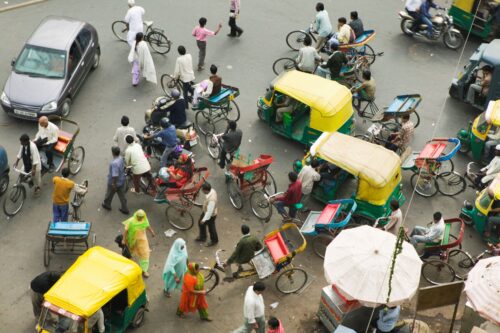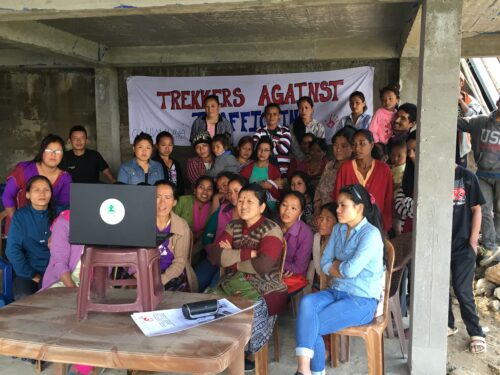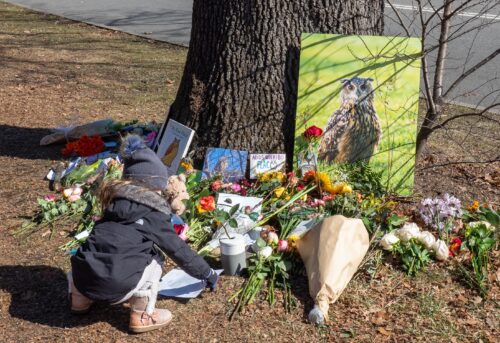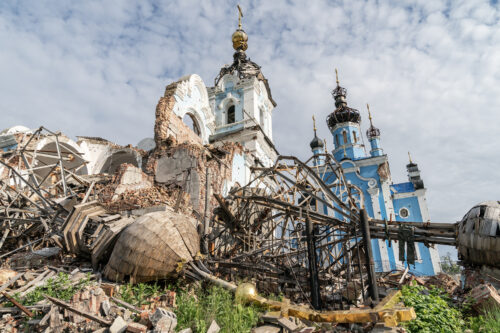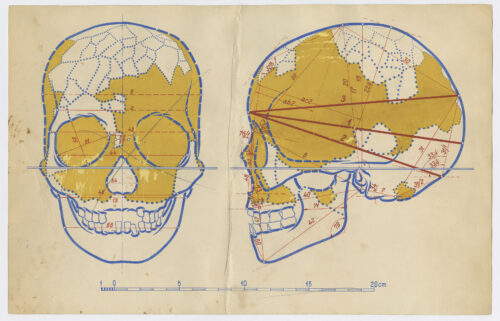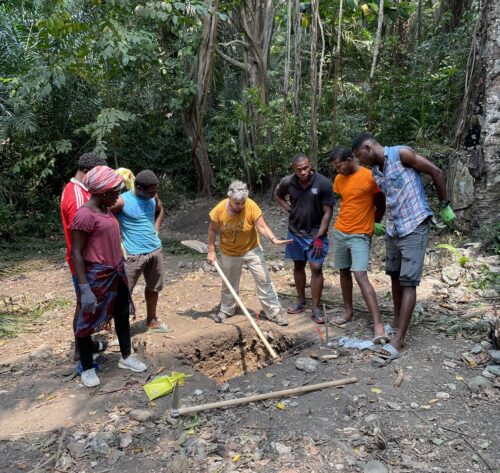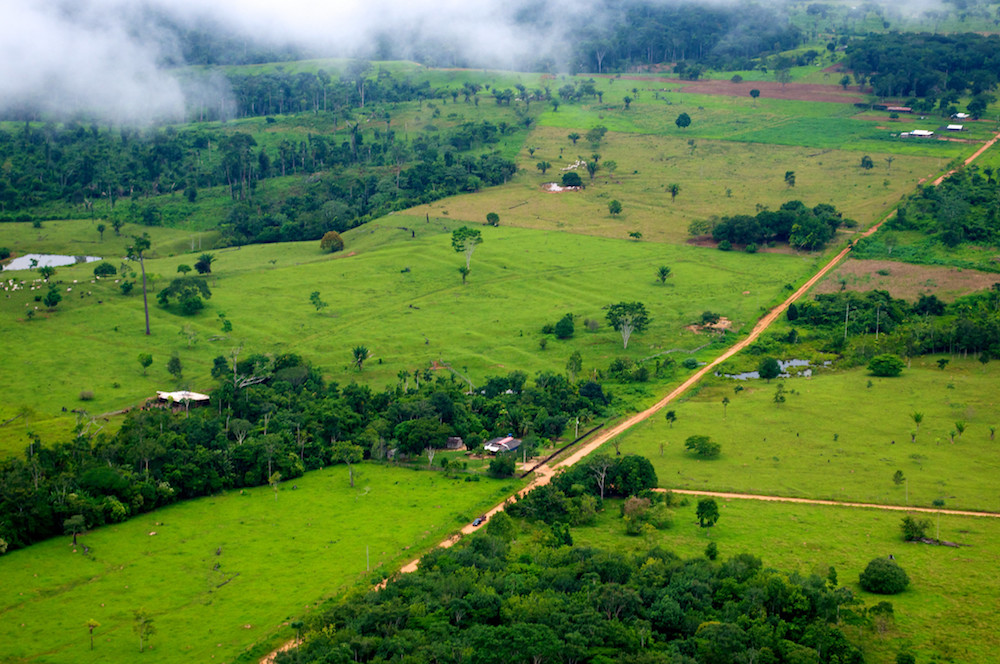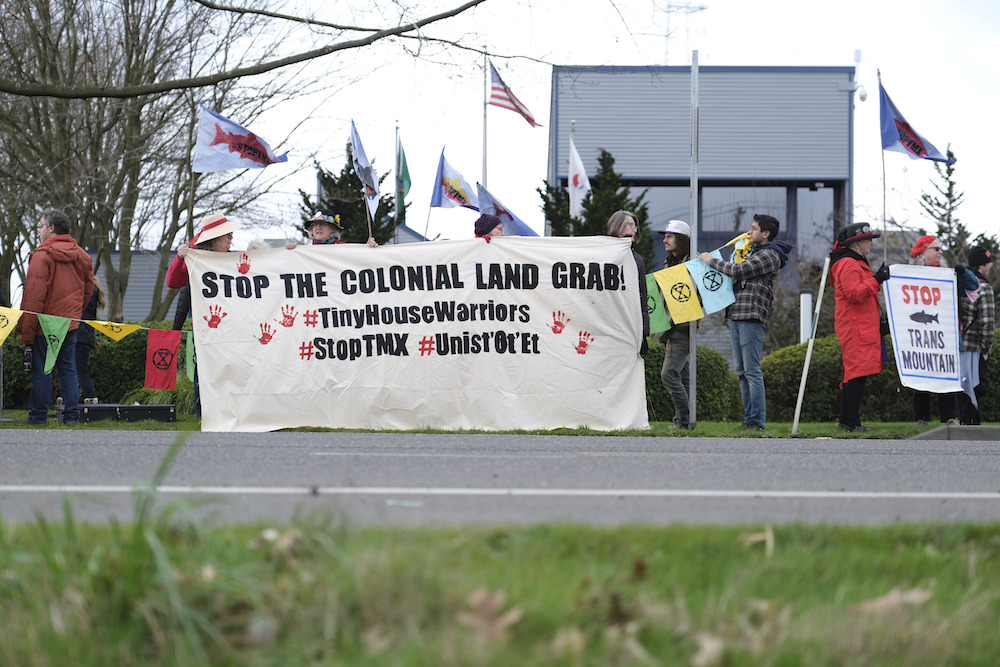How Imperialism Gave Us 2020

The world is caught in the grip of a deadly pandemic and yet another wave of sickness is hitting the Americas hard. At the same time, Black, Indigenous, migrant, and other historically marginalized peoples are facing disproportionate levels of disease and state-mediated violence.
It may seem like I am only writing about current events, but these could just as easily be the opening lines of a story about the 1918 flu pandemic and the Jim Crow era in the U.S. Looking even further back, this could also be a story about the 1500s in the early Spanish colonies or the early 1600s in the English colonies of Virginia and Massachusetts Bay.
Every day, it seems, we hear that we are living in unprecedented times, caught in the twin grasps of a pandemic and racial violence. But what, if anything, is new here? Any honest account of history will show that continent-scale disease outbreaks and racial violence have occurred together many times over the last five centuries. And if we look for the circumstances in which these events converge, we will often find ourselves confronting the problems of global imperialism.
I am a biocultural anthropologist who studies the impacts of imperialism on our bodies and the landscapes that we live in. Imperialism is a system of power where one nation or people expands its own interests at the expense of others through violence or other acts of political or economic pressure. Five centuries ago, imperialism went global as European powers raced to colonize the rest of the world. With invaders, diseases such as the Black Death, smallpox, and cholera spread along trade routes, over oceans, and across continents, killing in the millions. In the Americas, colonizers exploited the onslaught of death in the wake of these pandemics to seize Indigenous peoples’ homelands as their own. (Some scholars view continent-scale epidemics as essentially equivalent to pandemics.)
In other words, pandemics and opportunistic land theft are two of the oldest pillars of European imperialism. But death in these colonies was not only a consequence of infectious disease, far from it. Genocidal violence against Indigenous peoples and the enslavement of Africans were also integral parts of imperialism in the Americas that happened simultaneously with pandemics.
In a very real sense, lethal mixes of pandemics and racial violence were exactly the conditions in which the Americas were born. It is no accident that racial violence and infectious diseases so often occur together in the Americas, nor can they even be seen as distinct problems—they are simultaneous outcomes of imperialism.
It is important to shake the misperception that the events of the past year were unique and instead turn to the past with difficult questions about what has endured. We cannot fully address the monumental problems humanity faces now without a better understanding of European imperialism’s history and its influence in the world today.
Imperialism may seem different now, but global superpowers are still imposing their political and economic interests at the expense of other peoples, both within and beyond these nations’ borders. In doing so, imperialism is still setting many of the preconditions necessary for the rapid emergence and global circulation of deadly infectious diseases.
Imperializing centers of power, such as the United States, have continued to enrich themselves through relentless material extraction—from deforestation to mining and the removal of fossil fuels, for example. This has accelerated environmental decline and further dispossessed and debased the world’s most vulnerable peoples—many of whom were already deeply impoverished by imperialism. Global habitat loss and overexploitation mean that people and animals are not only getting sicker, they are also coming into closer and more frequent contact with one another. These conditions greatly increase the likelihood that diseases will move between animals and people, a process known as zoonotic transmission. This is the way that SARS-CoV-2, the novel coronavirus that causes COVID-19, was born—probably starting in bats and moving on to humans.
Other viral pandemics such as HIV, the Ebola virus, and MERS-CoV also most likely jumped to humans from animals in the last century, as have many other kinds of diseases during human history. So, COVID-19 was not the first pandemic to result from these dynamics, and it will not be the last. As the pace of imperialist extraction continues, new diseases may emerge even faster.
Imperialism not only makes it more likely that deadly new diseases will emerge, it also shapes how those diseases will move through the world and how deadly they will be for different groups of people.
SARS-CoV-2 and its variants are highly contagious viruses that move by exploiting our social connections and our proximities to one another. Those connections are themselves shaped by the racial violence and social divisions that grew out of slavery and Indigenous dispossession in the Americas.
The U.S. is still very segregated in terms of where people live, the work people do, and their access to vital resources like food and medical care, which contributes to dramatic differences in health along racial and ethnic lines in the United States. People from racial and ethnic minority groups are disproportionately burdened with conditions such as hypertension and diabetes, which can interact with COVID-19 to deadly effect. Racial and ethnic minorities and immigrants are also more likely to work in frontline, low-wage jobs, such as in grocery stores, in public transit, in the meatpacking industry, or on farms, that place them at a disproportionately higher risk of contracting the virus and make it difficult or impossible to take time off from work or to work remotely.
Putting it all together, this means that racial and ethnic minorities are not only more likely to catch the virus, they are also more likely to develop severe cases of COVID-19 resulting in hospitalization and death.
These disparities in outcomes from COVID-19 are an enduring consequence of the racial and ethnic inequalities that were laid down during the initial stages of European imperialism in the Americas. People on the margins of society have often been at greater risk during pandemics, even before European imperialism began; what imperialism in the Americas did was to structure who suffers the most along racial and ethnic lines.
Like many previous pandemics on this continent, COVID-19 has surged alongside epidemics of racial violence and dispossession. Imperialism is the historical force that brings pandemics and racial violence crashing together, shaping who lives and who dies in the crosshairs of these twin problems.
Pandemics and racial violence are mutually reinforcing threats to the lives of marginalized people. It is telling that George Floyd was carrying COVID-19 when he was murdered by a police officer in broad daylight on the streets of Minneapolis last year. Racism shaped both of those realities simultaneously. As a Black man in the United States, Floyd was more likely to contract SARS-CoV-2 and more likely to be targeted by police violence. This is not because of some innate genetic difference between racially defined groups—races are not genetically distinct categories. The infection and murder of Floyd resulted from multiple forms of systemic racism acting together. Far from being an unusual case, his death was just one of the countless ongoing consequences of America’s past. While the form of inequalities has sometimes shifted over time, the heaviest burdens of violence, dispossession, sickness, and death are still laid at the feet of historically marginalized peoples.
Pandemics and racial violence are mutually reinforcing threats to the lives of marginalized people.
Alongside police violence against Black people, various state actors have tried to exploit the pandemic as an opportunity to strengthen or expand their hold on lands held by Indigenous peoples.
In Canada, for example, Alberta Energy Minister Sonya Savage said that the COVID-19 pandemic was a “great time” to finish building a fossil fuel pipeline because limits on the size of gatherings might curb the sustained opposition of First Nations peoples and other activists in British Columbia and elsewhere. In Brazil, seizures of Indigenous lands have intensified as non-Indigenous invaders have sought to exploit the vulnerabilities of the pandemic. Along the U.S.-Mexico border, construction of then-President Donald Trump’s border wall plowed ahead even as the pandemic was taking hold of the Americas—construction that impacts ancestral sites of the Tohono O’odham Nation in Arizona and the Carrizo/Comecrudo Tribe in Texas. This has happened at the same time as Indigenous peoples have borne disproportionate burdens of COVID-19.
These intersections of the pandemic with opportunistic land theft and destruction are not new—they are as old as colonization itself. For centuries, these have been part of how nations like the United States were built and how their boundaries were solidified.
It is likely that the Trump administration will be remembered for the ways it mishandled the pandemic and the catastrophic death toll that has resulted from its negligence. Trump often ridiculed his opponents for wearing masks, and he chose to remove his own mask even when he was infected with SARS-CoV-2.
Simultaneously, the former president repeatedly refused to disavow White supremacist groups and incited White supremacist violence up to the last days of his term. Nothing was masked: not the virus. Not the racism. Far from being exceptional, this collision of disease and racism is another naked expression of U.S. history. Meeting the lethal and unequal impacts of a pandemic with indifference and political opportunism continues a long history of imperialism in the Americas.
While different leadership might have lessened the terrible death toll in the United States, the virus would almost certainly have still crashed unevenly across the racial and ethnic inequalities built into the fabric of our society. The racial and ethnic disparities shaping who lives and who dies did not originate with SARS-CoV-2 or with the Trump administration; this pandemic and its uneven consequences were merely the latest ways in which centuries of imperialism were revealed.
So long as these forms of imperialism endure, these plagues will keep coming. They will keep showing us who we are, and their uneven horrors won’t stop until we begin to live in better relation with one another and with the Earth.
Over the last year, we witnessed another uprising of social movements against the ongoing brutalities of U.S. history. We also witnessed another plague rise from the scrap heap of imperialist assaults on the Earth. One way or another, imperialism will not survive this. Not forever, anyway. It is too inconsistent with a livable world.
While it is tempting to see the events of 2020, and now into 2021, as somehow out of the ordinary, in this time are distilled so many of the centuries-old values that made the Americas possible in the first place. The deadly combination of a pandemic and racial violence is all too familiar. This is the well-worn story of imperialism in the Americas still playing itself out in the present.











